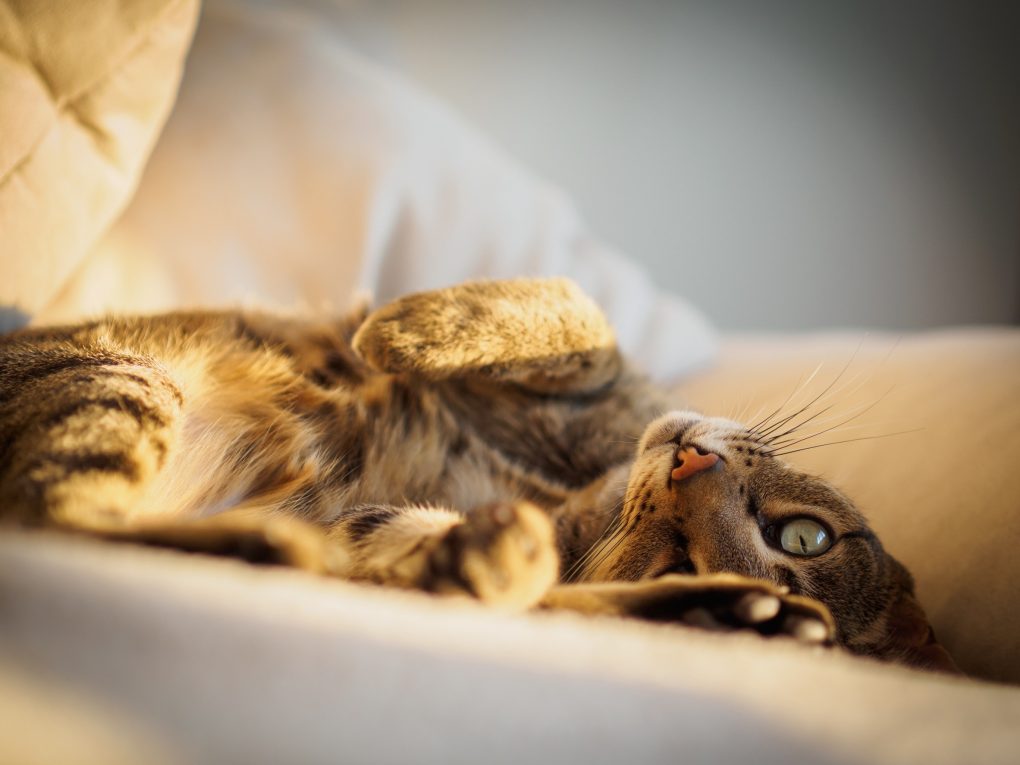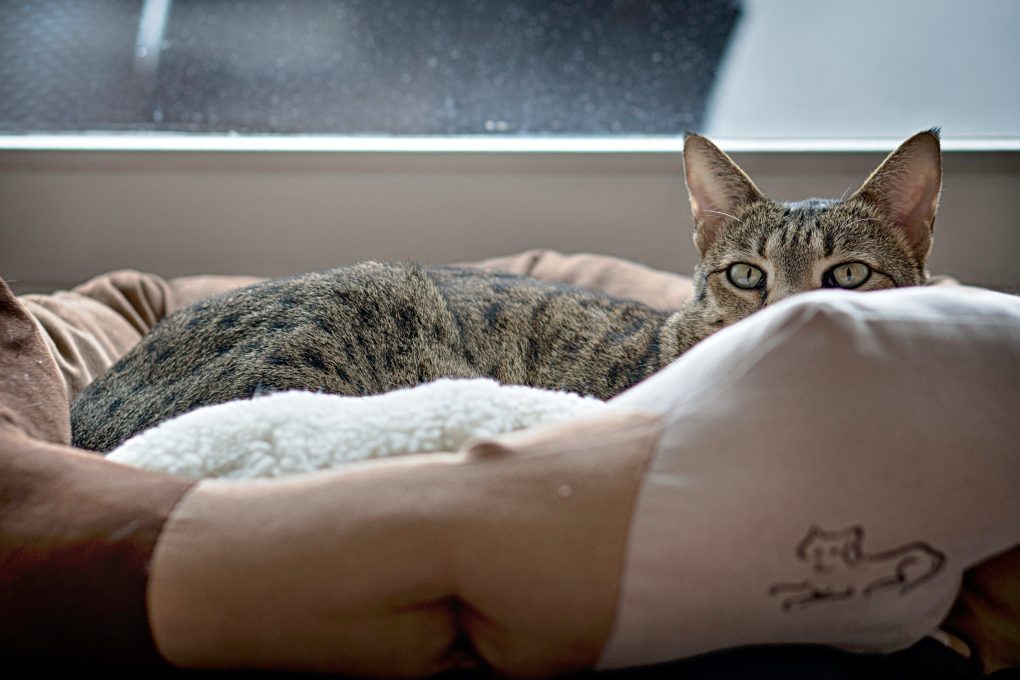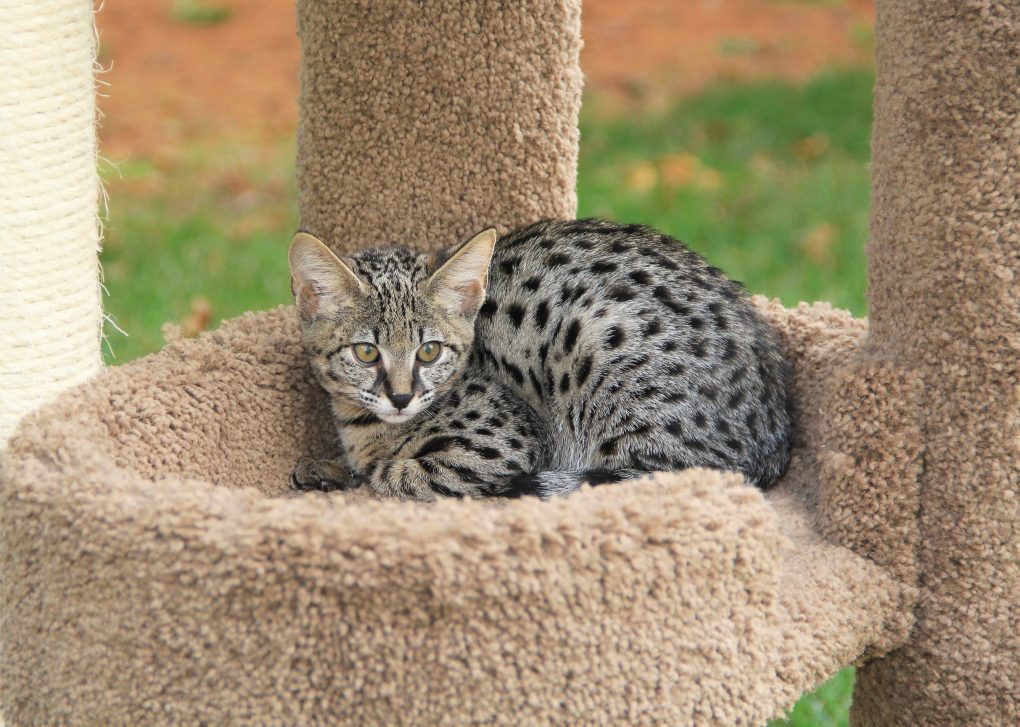Are Savannah Cats Legal in Massachusetts: A Guide on the Legality of Savannah Cat Ownership
No, Savannah cats are principally not legal in Massachusetts since there are restrictions on owning this breed as a pet. This state only allows the ownership of F4 or above Savannah cats, meaning the cat should at least be removed four times or four generations away from its wildcat ancestor.


Anyone who owns or intends to own a Savannah cat in Massachusetts should read up on the breed and its care before making any decisions. It’s essential to do your research to provide your cat with the best possible environment and care.
Suppose you have a Savannah cat not registered with an animal control agency or shelter or live in a state where Savannah cat ownership is not allowed, such as Massachusetts. In that case, consider purchasing a domestic cat to avoid legal issues.
Table of Contents
The Importance of Reviewing the Legality of Owning a Savannah Cat
Reviewing the legality of owning a Savannah cat is essential to ensure you comply with relevant laws and regulations in your area. For example, owning an exotic animal such as a Savannah cat may be regulated or prohibited in some jurisdictions due to concerns about public safety or animal welfare.
By checking the legality of owning a Savannah cat, you can avoid potential legal issues and ensure that you provide your pet with a safe and legal home. Additionally, some jurisdictions may require permits or special licenses for owning exotic animals, so it’s essential to be aware of any such requirements in your area.
If you choose to keep one as a pet, you must follow all local ordinances mandating the sterilization of wild animals. This will ensure your cat can live happily among other domestic animals without suffering from overpopulation or other environmental issues.
Other States With Restrictions on Savannah Cat Ownership
Savannah cat ownership laws vary by state and even by city or county within a state. This breed cannot be kept as pets in some states, such as Georgia, Nebraska, Hawaii, and Rhode Island. With a permit, ownership is also permitted in Delaware, while most counties in Texas forbid Savannah cat ownership.


Like in Massachusetts, ownership is only permitted for F4 generations and later in Iowa, Vermont, Colorado, and Alaska, while New York permits keeping F5 generations and above.
It’s important to note that even if a state allows the ownership of Savannah cats, individual cities and counties may have their laws and regulations, so it’s essential to check with local authorities before getting a Savannah cat.
Reasons Savannah Cats Are Not Legal in Some Areas
In some states or municipalities, exotic animals like Savannah cats may be illegal to own due to concerns about public safety or animal welfare. For example, in some areas, exotic animals are considered a potential threat to local ecosystems if they were to escape or be released into the wild.
Some concerns have been raised about the potential for Savannah cats to be aggressive, particularly in F1 and F2 generations with a higher percentage of wild African serval DNA.
However, not all Savannah cats are aggressive, which is not a trait specific to this breed. However, it is essential to note that, like any other animal, Savannah cats can display a range of personalities and temperaments that depend on factors such as their genetic makeup, upbringing, and environment.
Because Savannah cats are a relatively new and rare breed, there is still a lot to learn about their behavior and temperament. Therefore, items must be responsible and educated about their unique needs and characteristics.
Additionally, there may be concerns about the ability of owners to provide proper care for these animals, which may have unique behavioral and dietary needs compared to traditional domestic cats. For example, some states may ban ownership of Savannah cats simply because they are not considered a traditional or recognized domestic cat breed.
How to Keep Your Savannah Cat From Being Aggressive
As with any animal, it’s impossible to guarantee that a Savannah cat will never show aggressive behavior. However, there are steps that you can take as an owner to help ensure that your Savannah cat is well-adjusted and socialized, which may reduce the likelihood of aggressive behavior. Here are a few tips:


- Socialization: Make sure your Savannah cat is exposed to various people and other animals at a young age. This can help them develop appropriate social skills and reduce the likelihood of fear or aggression toward new or unfamiliar situations.
- Training: Provide your Savannah cat with appropriate training to discourage undesirable behaviors like biting or scratching. Reward good behavior and redirect unwanted behavior with positive reinforcement.
- Exercise and Play: Savannah cats are energetic and require a lot of physical and mental stimulation to stay happy and healthy. Provide plenty of opportunities for play and exercise to prevent boredom and frustration.
- Proper Care: Provide your Savannah cat with a healthy diet, clean water, and regular veterinary care to ensure its health. Poor health or untreated medical conditions can lead to aggression or other behavioral issues.
- Safe Environment: Create a safe and secure environment for your Savannah cat, including plenty of hiding places, climbing structures, and scratching posts. This can help them feel safe and reduce the likelihood of aggressive behavior.
It’s also important to remember that every cat is an individual and may have different temperaments and personalities. Even with proper socialization and training, some Savannah cats may still display aggressive behavior. For example, if your Savannah cat is aggressive, seeking professional advice from a veterinarian or animal behaviorist is vital.
Such professionals can identify the underlying causes of behavioral issues and develop a treatment plan to help your Savannah cat overcome these problems. In addition, they can develop and implement training programs to help your Savannah cat learn new, more desirable behaviors and provide owners with guidance and education on how to better understand and interact with their cat.
